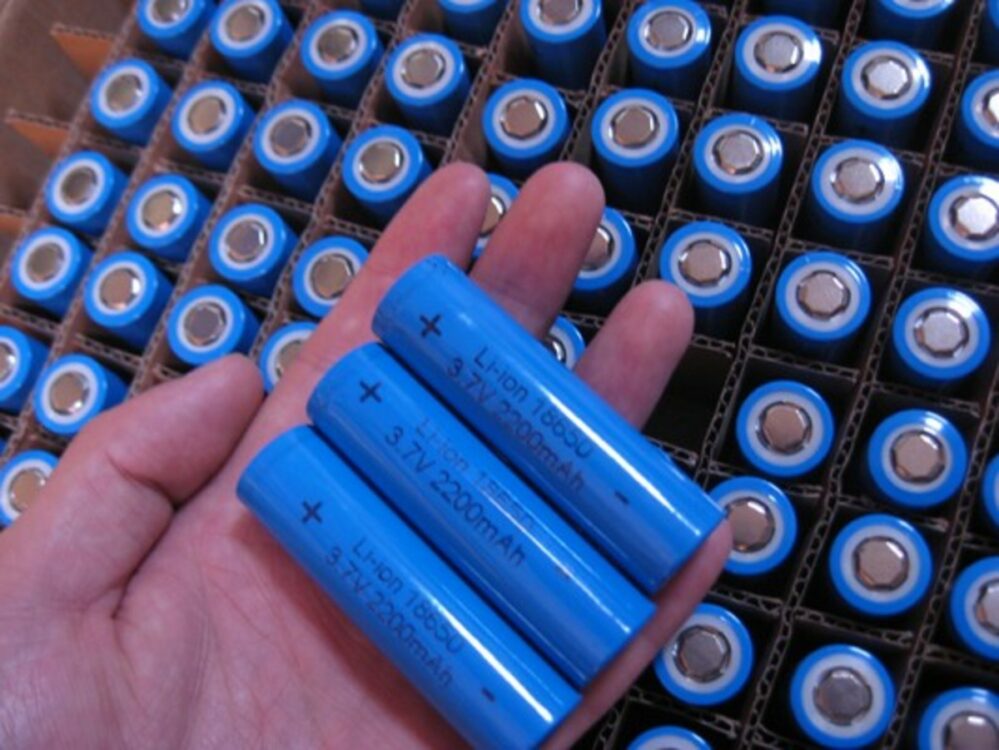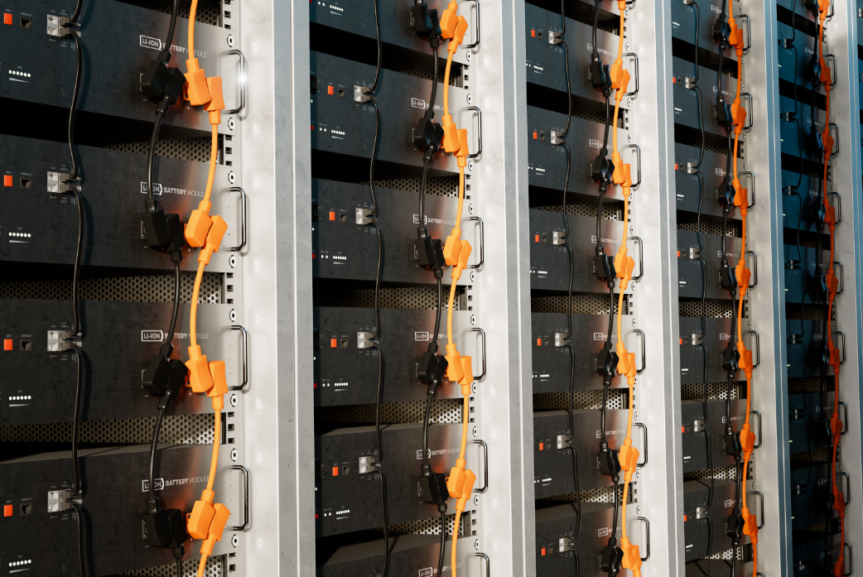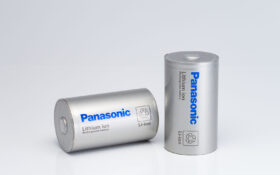More efficient paths to a circular economy beyond recycling must be explored if the battery industry is to create a truly robust circular economy, a new report by the U.S. Department of Energy’s National Renewable Energy Laboratory (NREL) suggests.
Researchers noted the emphasis on recycling may have created gaps, and missed opportunities for research and implementation of underutilised alternative strategies in the development of a circular economy for battery technologies.
Those strategies include: reducing the use of virgin materials in manufacturing, reusing for new applications, and extending product life spans.
The report brought together findings from more than 3,000 scientific publications exploring the life cycle of the most common lithium-ion battery technologies, including starting materials, environmental impacts, and end-of-life options.
Lead authors of the report were Garvin Heath, senior environmental scientist and energy analyst and Distinguished Member of Research Staff at NREL, along with his NREL colleague Dwarakanath Ravikumar; co-authors were Brianna Hansen and Elaine Kupets, also from NREL.
The report titled “A Critical Review of Circular Economy for Lithium-Ion Batteries and Photovoltaic Modules — Status, Challenges, and Opportunities,” appeared in the peer-review technical environmental publication the Journal of the Air & Waste Management Association.
Heath said manufacturers’ first strategy should be to design a product to use less materials, or less hazardous material.
He said: “If you can keep [batteries] as a working product for longer, that’s better than deconstructing it all the way down to the elements that occurs during recycling. And when a product does reach the end of its life, recycling is not the only option.
“People often summarise the product life cycle as ‘take, make, waste”. Recycling has received a lot of attention because it addresses the waste part, but there are ways to support a circular economy in the take part and the make part, too.”
Recycling battery methods
The authors noted that challenges remain in developing battery recycling methods, with no current integrated recycling processes recovering all the materials.
NREL is a partner in the Argonne National Laboratory-led consortium ReCell, which works with industry, academia, and national laboratories to advance recycling technologies along the entire battery life cycle for current and future battery chemistries.
The U.S. Department of Energy’s Advanced Manufacturing Office and Solar Energy Technologies Office funded the research.
NREL is the U.S. Department of Energy’s primary national laboratory for renewable energy and energy efficiency research and development. NREL is operated for the Energy Department by the Alliance for Sustainable Energy, LLC.












